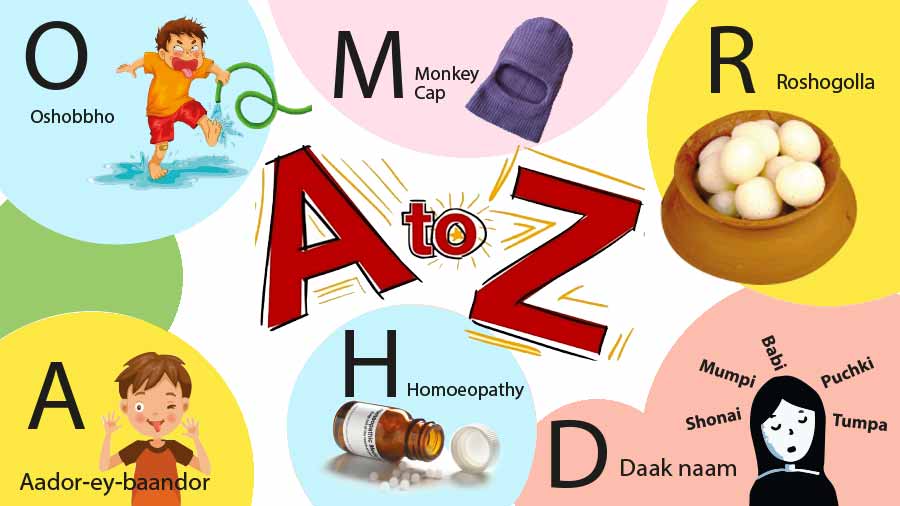It is 2022 and we have officially spent too much time at home.
Binge-watching has lost its delicious forbidden temptation; everyone has admitted that Dalgona coffee actually tastes really bad; sourdough bread is old news and the days have merged together into one boring and uneventful whole, the monotony of which is only broken by those quirky marketing messages from Zomato (somedays that is all that keeps us going).
Which is exactly why My Kolkata decided it was time for a new project.
Twenty-six days, 26 letters and some brainstorming later, we have given the English alphabet a ‘madly Bangali’ makeover.
A: Aador-ey-baandor
Most Bengali moms are of the opinion that aador (love) is only good when doled out in measured quantities. Excessive aador can transform people into an out of control baandor (monkey). And considering how annoying spoiled kids tend to be, we’d say this comparison is right on point.
B: Boroline
You can splurge on those fancy moisturisers all you want, but a Bengali will still swear by their good ol’ tube (or tub) of Boroline.
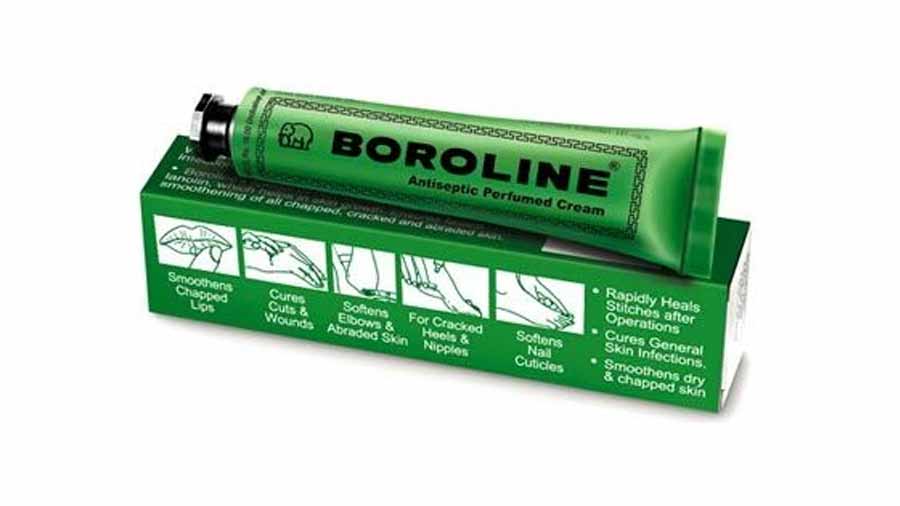
distore.in
C: Chingri
Look, can we not fuss over chingri vs ilish and just appreciate the good things in life when we have it?
Speaking of good things, what is your favourite chingri dish and why is it malaikari?
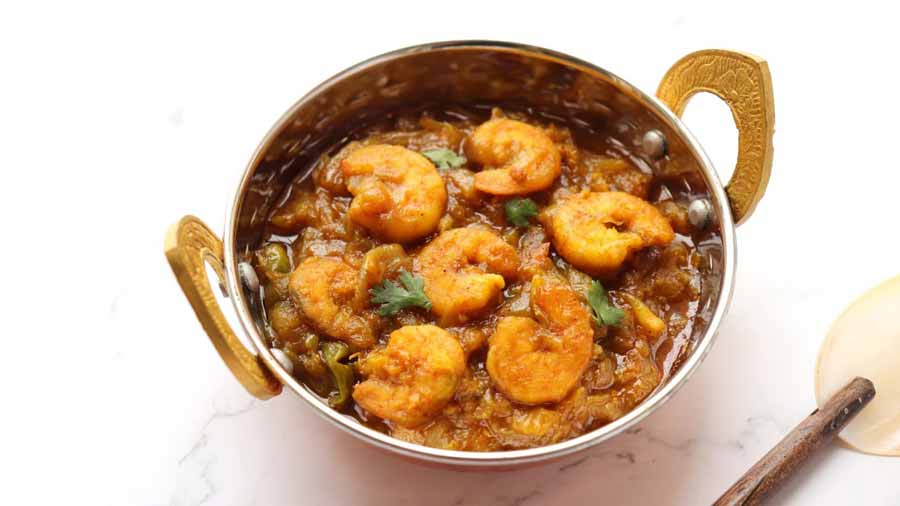
Shutterstock
D: Daak naam
There are three ways to identify a good Bengali daak naam (nickname):
- It does not even remotely resemble the person’s actual name
- It is almost always an embarrassingly comical combination of sounds
- It makes the addressee vehemently hush up anyone trying to say it
E: Ento and shogri
The foundation of a peaceful Bengali household is formed by adhering to the intricate ento and shogri protocols in the kitchen.
While ento is used to refer to anything that is half-eaten, shogri refers to all things cooked and touched by ento. One sure shot way to unleash hell in a Bengali grandmother’s kitchen, is to touch thakurer bhog (food offering to the gods) after handling ento and shogri.
F: Fuchka
There are two kinds of people in every Bengali family: the ones who pig out on fuchka at every chance they can get vs the ones who look disdainfully at these delectable treats and steer clear of them, citing lame excuses like lack of hygiene and roadside pollution (which is exactly what makes fuchkas so tasty, duh!)

Shutterstock
G: Ghurte jawa
If there’s anything a Bengali family loves more than their bhaat (rice) and bhaat ghum (afternoon siesta), it is ghurte jawa (going out). Be it a vacation or a day trip or even just an evening of fun, if it involves stepping out of the house and going someplace new, you can count us in!
H: Homoeopathy
The homoeopathy kit is an indispensable part of a Bengali household, to the point where our parents and grandparents have almost become homoeopathy practitioners themselves.
It is true what they say: Bengali kids don’t have candy. We have thin vials of homoeopathy globules instead.

Shutterstock
I: Ilish
Come rainy season and you’ll find Bengalis armed with umbrellas, hobbling off to the local market and returning with a bag full of ilish maachh (hilsa). Over the course of the next few days, the dining table will be adorned with mouthwatering dishes such as ilish bhapa (steamed hilsa), doi ilish (hilsa with yoghurt), ilish bhaja (fried hilsa) and so on. Rainy days and ilish maachh are truly a match made in heaven!
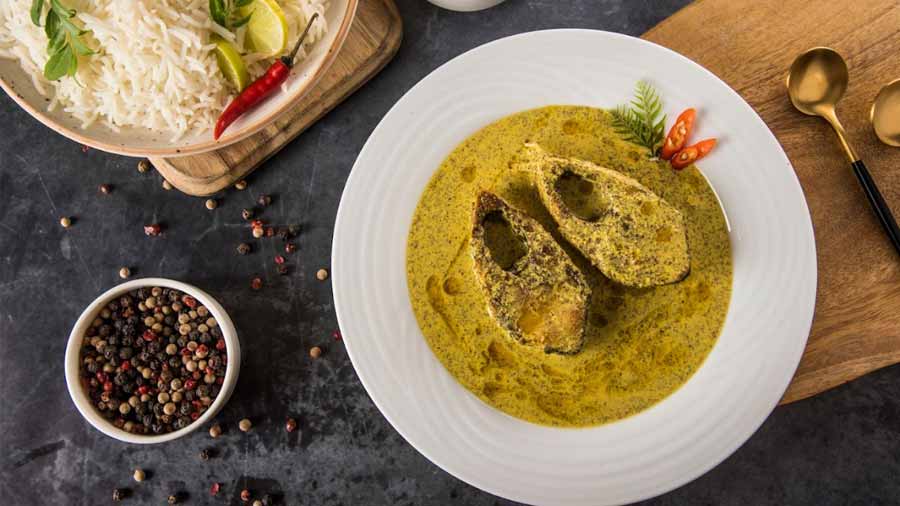
Shutterstock
J: Jharna Ghee
Piping hot rice with a generous dollop of Jharna Ghee is the very definition of comfort food in a Bengali household.
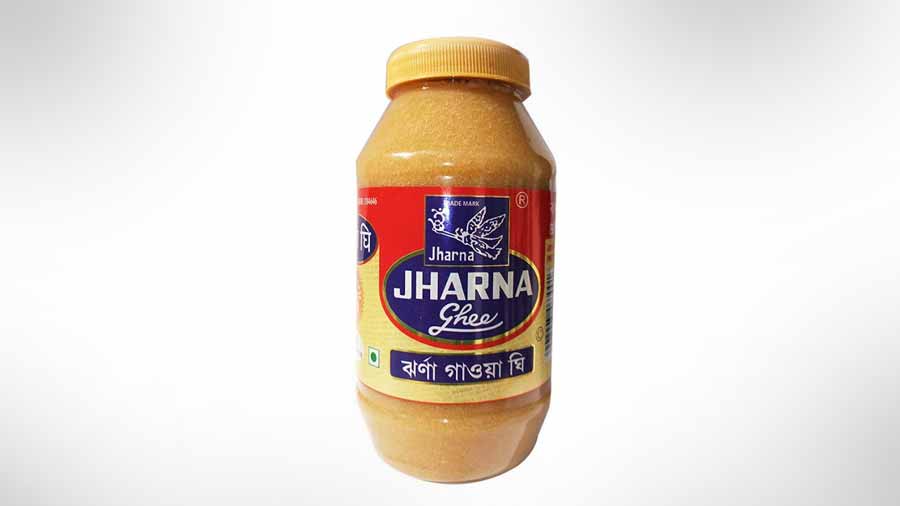
Amazon.in
K: Kaanch kola
What is a Bengali kid’s worst nightmare?
Kaanch kola in all its forms.
Kaanch kola (green plantain in English) is usually consumed as a vegetable in most Bengali families. Be it boiled or as a curry or even as fritters, no amount of fancy recipes can get a Bengali kid to like kaanch kola.
Such is the dislike for this poor vegetable, that the popular Bengali phrase “kaanch kola dekhano” means to deceive someone or cheat them out of something that was rightfully theirs!
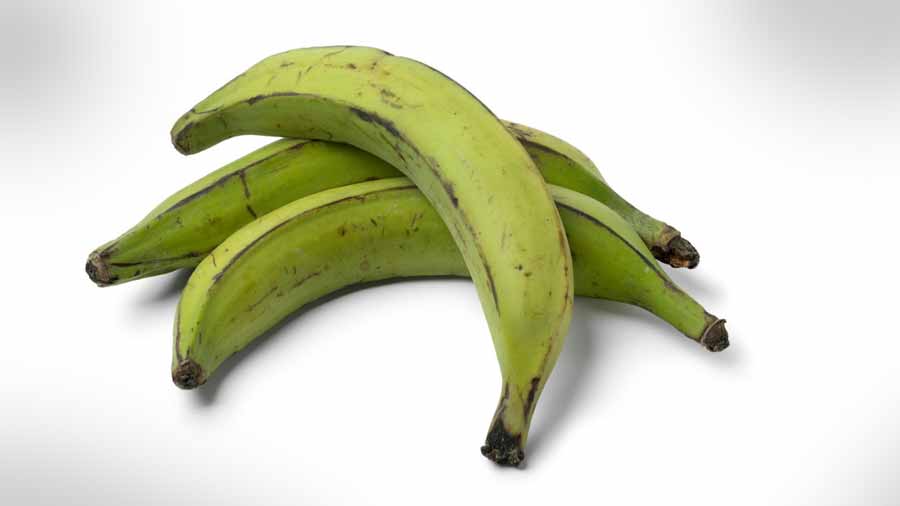
Shutterstock
L: Lyadh
All Bengalis have a PhD in lyadh (lazing around) and NEVER miss an opportunity to brush up on the subject.
M: Monkey cap
Providing ultimate all-round protection for your head and your face, parents will make it a point to slip on this embarrassing piece of headgear on their kids at the slightest nip in the air. Much of a Bengali kid’s formative years are spent vehemently protesting monkey caps, but being stuffed into them anyway.
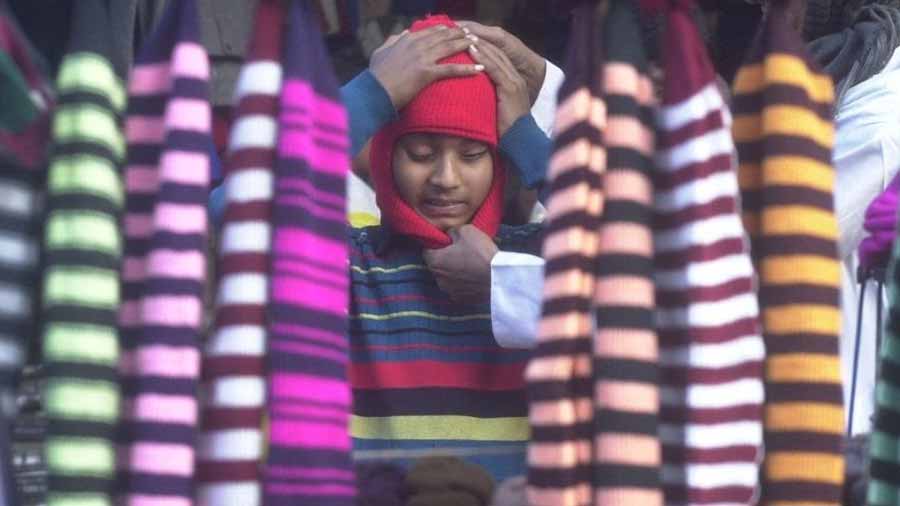
TT Archives
N: Nyaka
Loosely translated, nyaka is used to refer to a person who frequently engages in attention-seeking behaviour by pretending to be shy, demure or whiny. Research shows that people who are aador-ey-baandor exhibit strong inclination towards being nyaka.
O: Oshobbho
If there is anything that a Bengali parent dislikes more than someone who is nyaka, it is someone who is oshobbho, i.e., someone who is uncivilised or misbehaves in public.
P: Ponjika
Conspicuous by its pink cover, this almanac is a must-have in every Bengali household. From tidal tables to lunar phases to dates for all major pujas and festivals, this astrological calendar has it all charted, right down to the last second! All Bengali families will always have that one person who will insist on running everything by the ponjika before they set out on any major venture.
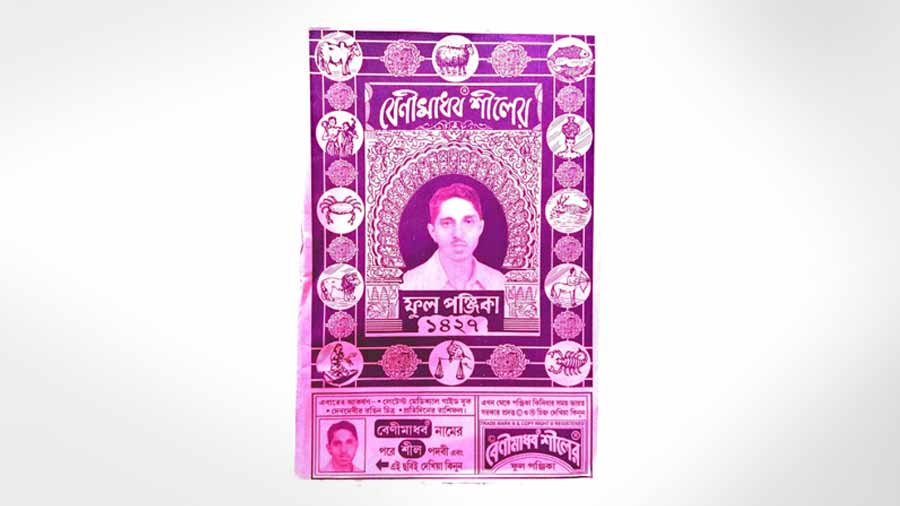
Amazon.in
Q: Quinine
You know how Dolo 650 emerged as the OG medicine during the first two weeks of January? It turns out that until a few decades ago, owing to frequent malaria outbreaks in Kolkata, quinine too was as common as the average paracetamol in a Bengali household’s medicine kit.
In fact such was its fame, that in Narayan Gangopadhyay’s beloved fictional creation Tenida, the narrator Pyalaram was known for suffering from malaria at regular intervals, and would be nursed back to health on a diet of shingi maach er jhol (a kind of fish curry) and quinine!
R: Roshogolla
Roshogollas are commonly available in white (plain) and brown (jaggery) variants, and while the jury's still out on which one is best, these soft and syrupy blobs of heaven are our most beloved go-to sweet.
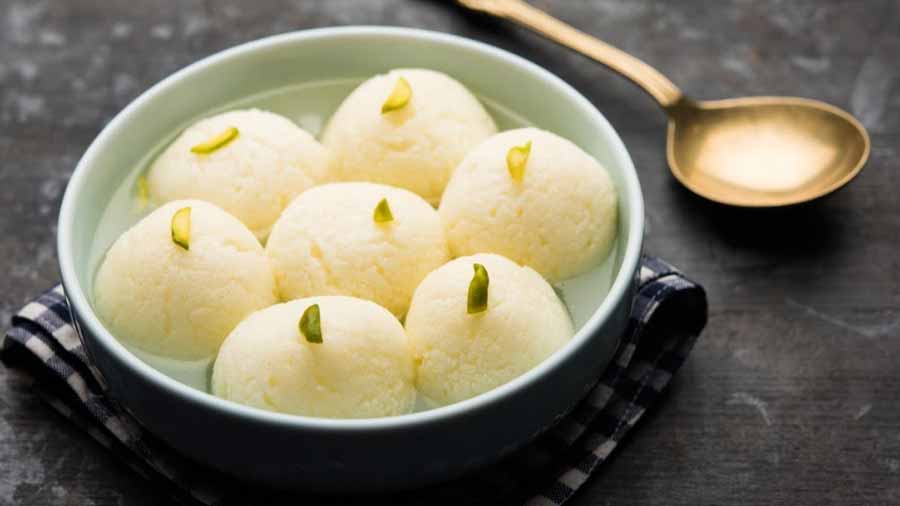
Shutterstock
S: Satyajit Ray
If you have not grown up reading Feluda, watching Goopy Gyne Bagha Byne on Sundays and hearing about the many iconic works of Satyajit Ray, have you even grown up a Bengali?
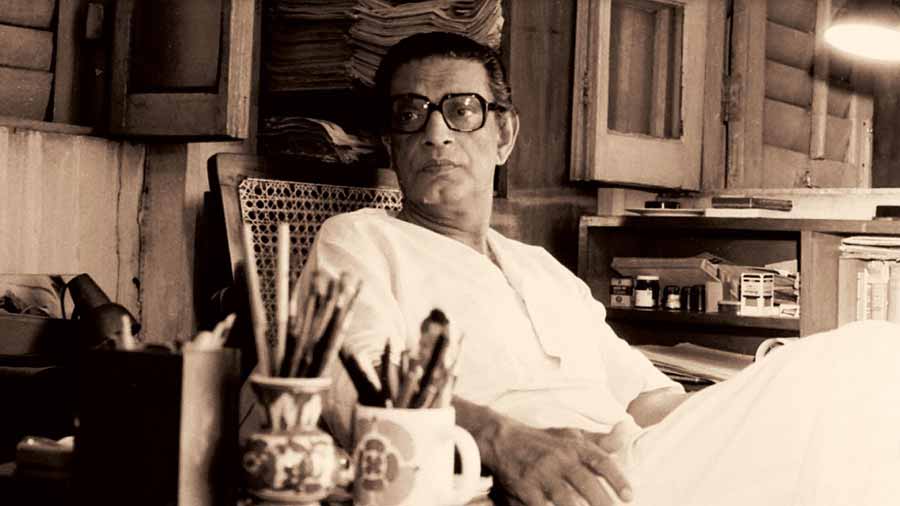
TT Archives
T: Thakur
In a Bengali household, the pantheon of thakurs mandatorily includes Rabindranath ‘Thakur’ (Rabindranath Tagore).
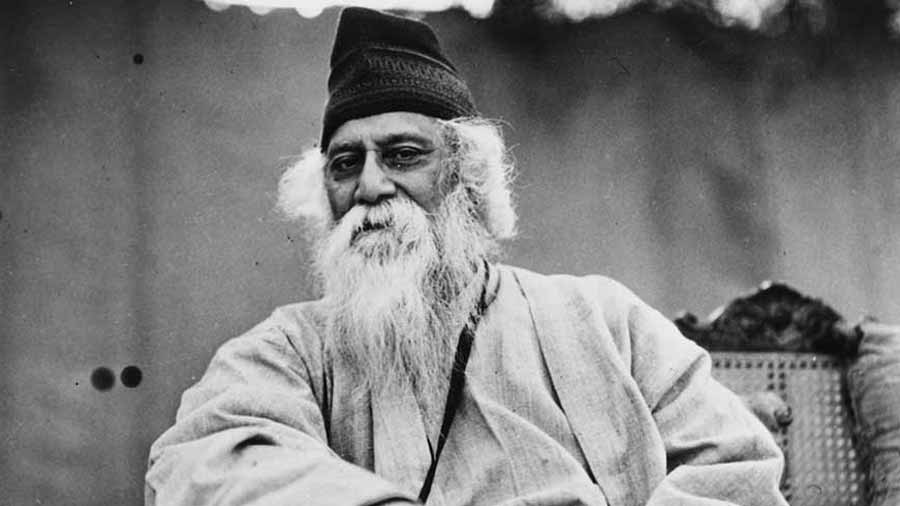
Getty Images
U: Uttam Kumar
Actors may come and actors may go but Uttam Kumar is eternal. Period.
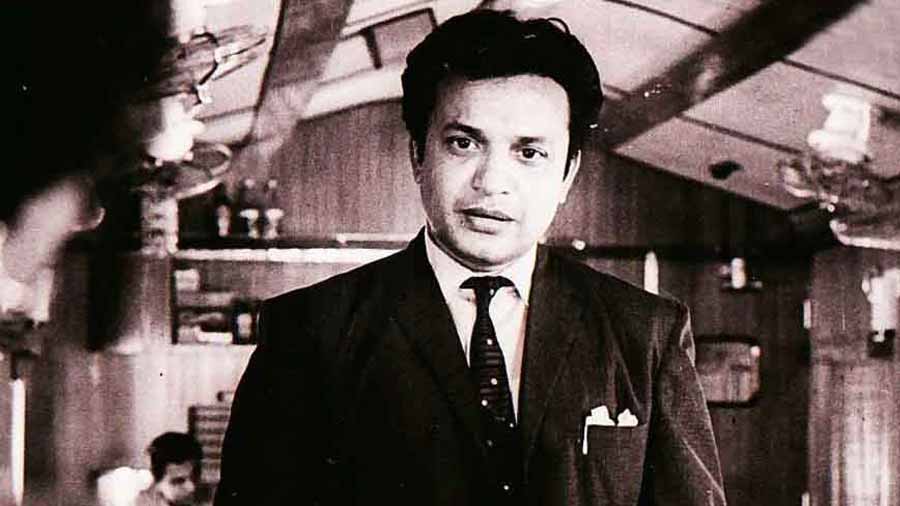
TT Archives
V: Valentine’s Day
Saraswati Puja, usually around mid-February, is the Valentine’s Day of Bengalis. For many, draping a yellow sari on Saraswati Puja is a rite of passage and once the rituals for the day are completed, youngsters are free to meet up with friends (ahem… boyfriends and girlfriends) and spend the rest of the day as they wish. Saraswati Puja pandals have always been a hotspot for young love — from meet-cutes to shy glances exchanged with a longtime crush to couples holding hands.
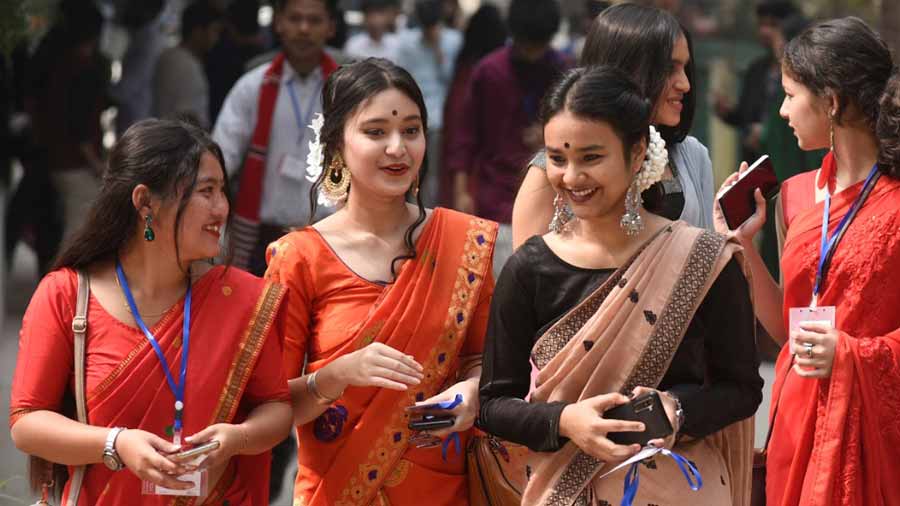
Shutterstock
W: Wool bona
All Bengali kids have had that one grandmother who will always insist on the many virtues of knitting wool (or ool in Bengali) and will never tire of knitting clothes for all the members of the family. And while we simply adore everything grandma knits us, wool bona takes a lot of patience and after many failed attempts, we have come to the conclusion that it is probably not our cuppa.
X: Xmas cake
Xmas cake is not just a food item. It is an emotion.
And regardless of whether they put up a Christmas tree and visit Park Street or not, ask any Bengali and they’ll tell you that Christmas is incomplete without at least one cake adorning the dining table.
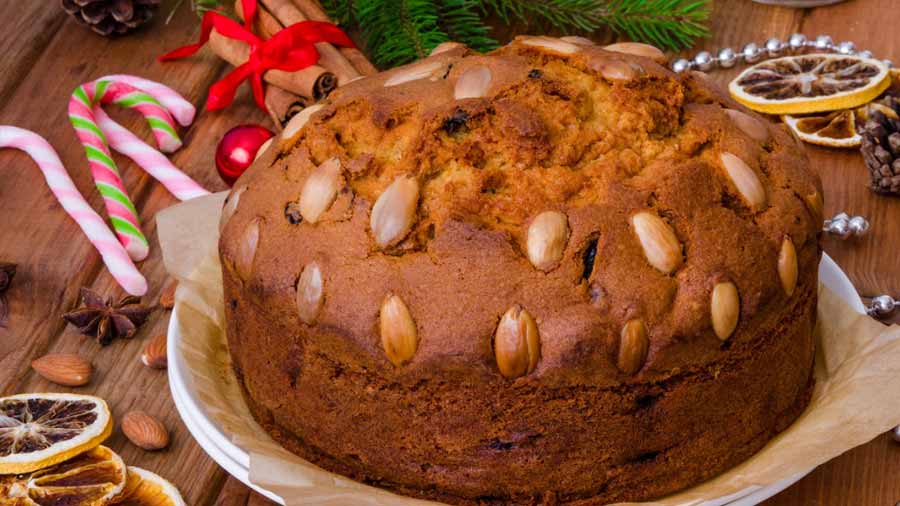
Shutterstock
Y: Yarki
If you are a big fan of dark humour or find yourself cracking inappropriate jokes at serious moments, then a sure shot way to slither out of it (with only a mild dose of embarrassment on the side) is to laugh (NOT awkwardly) and say: “Arre yarki marchilam!” (Oh, I was only kidding!)
Because nothing is off limits, if it’s yarki (or at least so one hopes).
Z: Zee Bangla
Walk down a lane in Kolkata on a quiet evening and you are sure to hear those dramatic sound effects and sentimental dialogues wafting down from the houses on either side.
Sometimes, if you happen to catch a glimpse of the scene inside, you may find one spectacled grandma staring intently at the TV, which has been turned to the Zee Bangla channel (or Star Jalsha, if you will), completely oblivious to the world around her.
Which makes us think that whoever came up with the tagline ‘Jibon maane Zee Bangla’ (life is Zee Bangla) knew exactly what they were talking about!
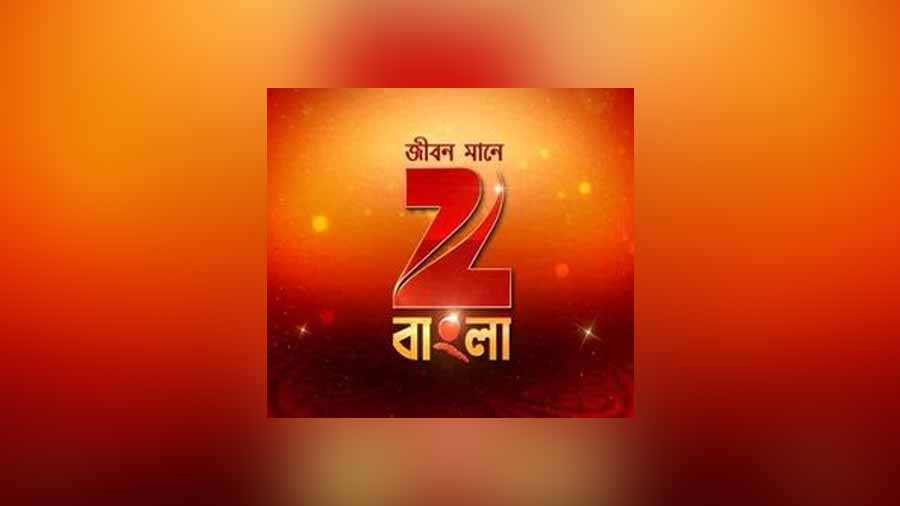
Logopedia
